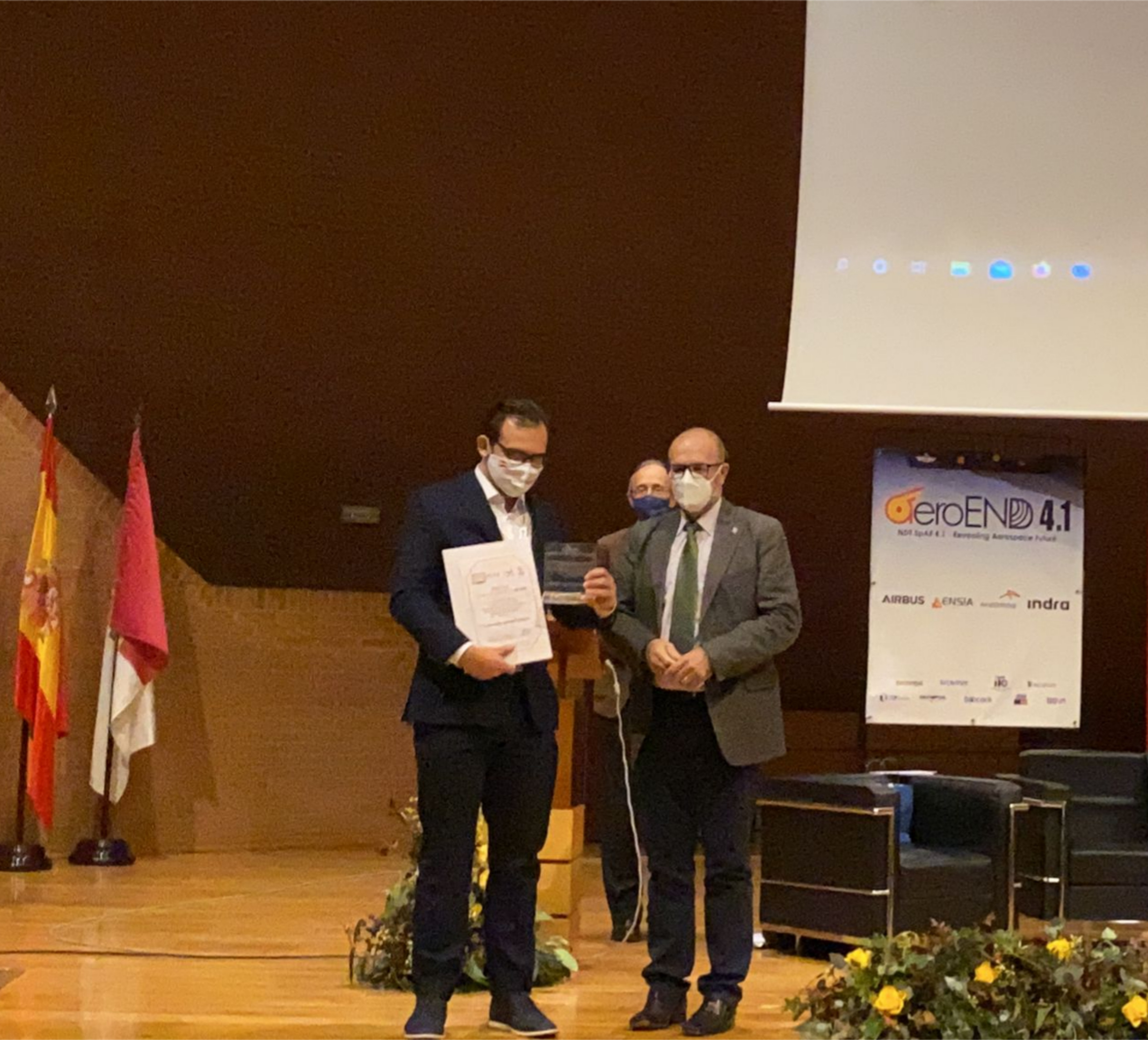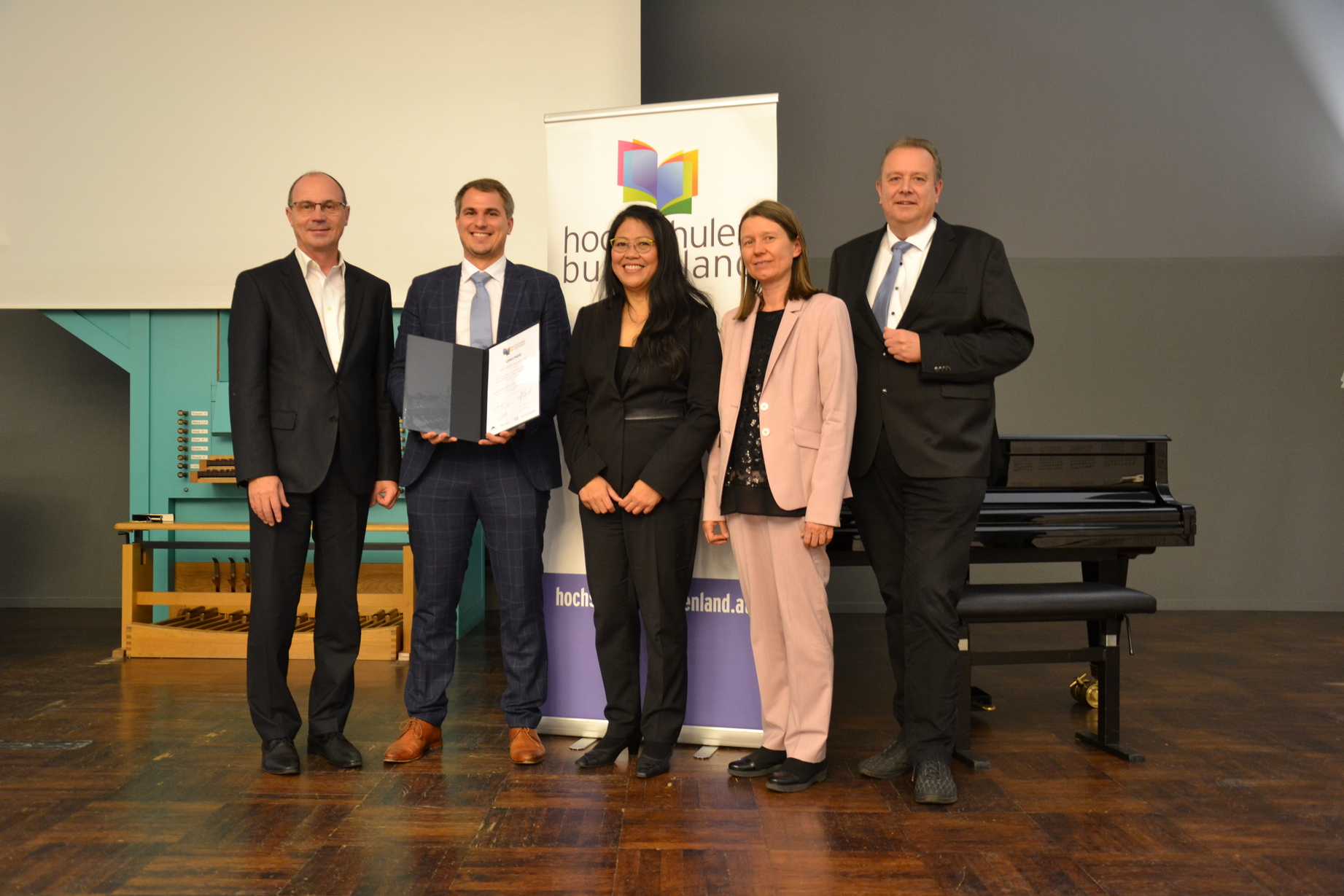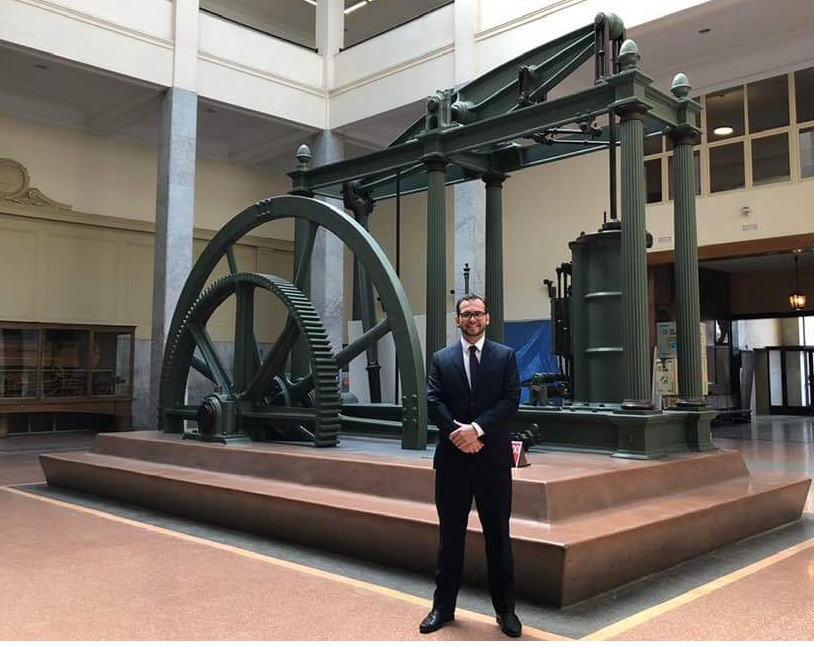Computational Fluid Dynamics (CFD) in process engineering and energy technology: For the detailed engineering of processes knowledge is needed about the fluid flow in important and critical sections of apparatuses. This information typically involves local heat and mass transfer, pressure drop, velocity-, temperature- and concentration profiles, turbulence and mixing behaviour. Computational Fluid Dynamics (CFD) is a valuable simulation tool to gain this information by solving the governing differential equations. CFD does not replace experiments completely, but helps to give detailed insight into apparatuses where experimental data are not easily available.
Computational Fluid Dynamics (CFD) of Separation Processes is a course at the TU Wien with the aim to learn the basics of computational fluid dynamics as a tool in process engineering and about scopes and limitations of modern CFD packages. Therefore, typical fluid dynamic problems in thermal process engineering are investigated: mixing, gas and liquid distribution, fluid flow in separation devices, reduction of pressure drops, mass transfer between phases, multiphase flow. Description of flow problems; basics of computational fluid dynamics; scopes and limitations of modern CFD packages; critical analysis of CFD results; process engineering case studies. The CFD packages in use are ANSYS Fluent and OpenFOAM.







 Fernando Ramonet Marqués, PhD student at the Institute of Chemical, Environmental and Bioscience Engineering at TU Wien, has received a Special Mention of the biennial award “
Fernando Ramonet Marqués, PhD student at the Institute of Chemical, Environmental and Bioscience Engineering at TU Wien, has received a Special Mention of the biennial award “
 Fernando Ramonet Marques, PhD student at TU Wien, has received a Special Mention of the biennial award “
Fernando Ramonet Marques, PhD student at TU Wien, has received a Special Mention of the biennial award “